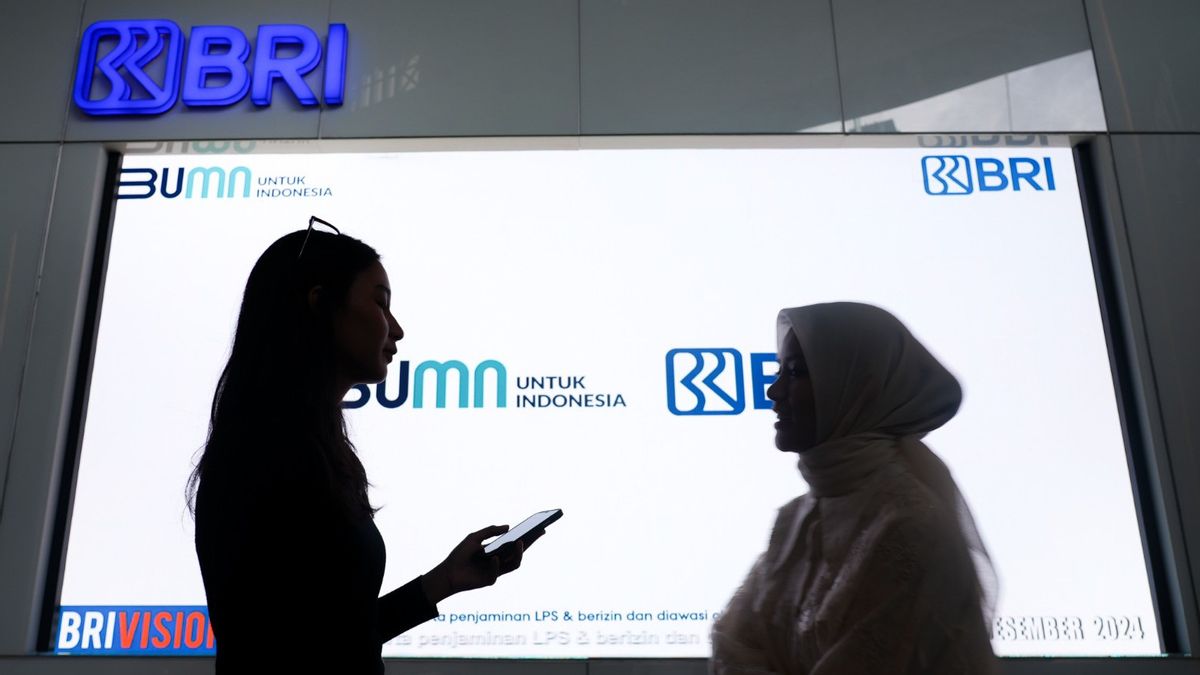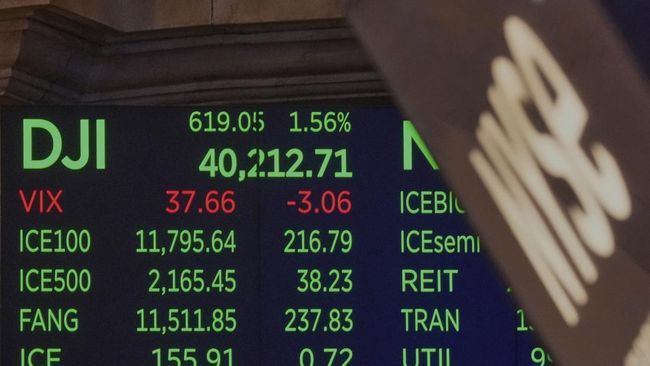As the global economy continues to face mounting challenges—from rising interest rates in the U.S. to geopolitical tensions and volatile commodity markets—Indonesia is feeling the heat. While the government has rolled out several measures to safeguard the national economy, many economists argue that these responses remain inadequate and reactive, rather than proactive.
In this article, we’ll explore why top economists believe Indonesia’s current strategies fall short, what risks lie ahead, and what stronger actions could look like.
 Economic Pressures Continue to Mount
Economic Pressures Continue to Mount
Global headwinds are putting increasing pressure on developing economies like Indonesia. The country is grappling with a depreciating rupiah, soaring import costs, and slowing export growth—particularly in commodities such as coal and palm oil. Meanwhile, inflation continues to test purchasing power.
According to economists, these issues are not unique to Indonesia. However, what sets the country apart is the government’s relatively soft policy stance in the face of growing turbulence.
 Experts Speak: “Current Responses Are Not Enough”
Experts Speak: “Current Responses Are Not Enough”
In a recent forum hosted by national economic think tanks, several leading economists shared a common view: Indonesia’s response to global economic shocks has been underwhelming.
Dr. Riza Syahrir, a senior macroeconomist, remarked, “We are seeing monetary and fiscal responses that are too conservative. The government seems more focused on short-term stability than building long-term resilience.” He added that stimulus packages and energy subsidies have not addressed deeper structural vulnerabilities.
Similarly, Professor Lina Kartika of the University of Indonesia emphasized the lack of strong coordination between central and regional governments. “Policy fragmentation delays crisis response and weakens investor confidence,” she said.
 What’s Missing? A Closer Look
What’s Missing? A Closer Look
Economists argue that there are three critical gaps in Indonesia’s current economic strategy:
- Slow Policy Execution – Relief programs and stimulus disbursements are often delayed or bogged down in bureaucracy.
- Weak Support for SMEs – Small and medium enterprises, which form the backbone of the economy, receive limited assistance despite being hit hardest by global disruptions.
- Lack of Forward-Looking Policies – Most responses are short-term in nature, lacking long-term plans for industrial upgrading, energy transition, or digital transformation.
 What Needs to Change?
What Needs to Change?
Experts suggest that Indonesia needs a bolder, more agile policy mix. This could include:
- Accelerating tax reforms and investment incentives
- Enhancing export diversification
- Strengthening food and energy security
- Investing in digital infrastructure and education
Furthermore, better fiscal coordination and transparency would help rebuild trust with the private sector and global investors.
 Conclusion: Time to Shift from Reactive to Resilient
Conclusion: Time to Shift from Reactive to Resilient
Indonesia may still have time to shield itself from the worst of global economic shocks—but only if it acts decisively. Economists are clear: without stronger, faster, and more coordinated action, the country risks falling behind in a world that’s moving quickly and unpredictably.
As the next global wave approaches, resilience must become more than a buzzword—it must be the backbone of economic policy.



